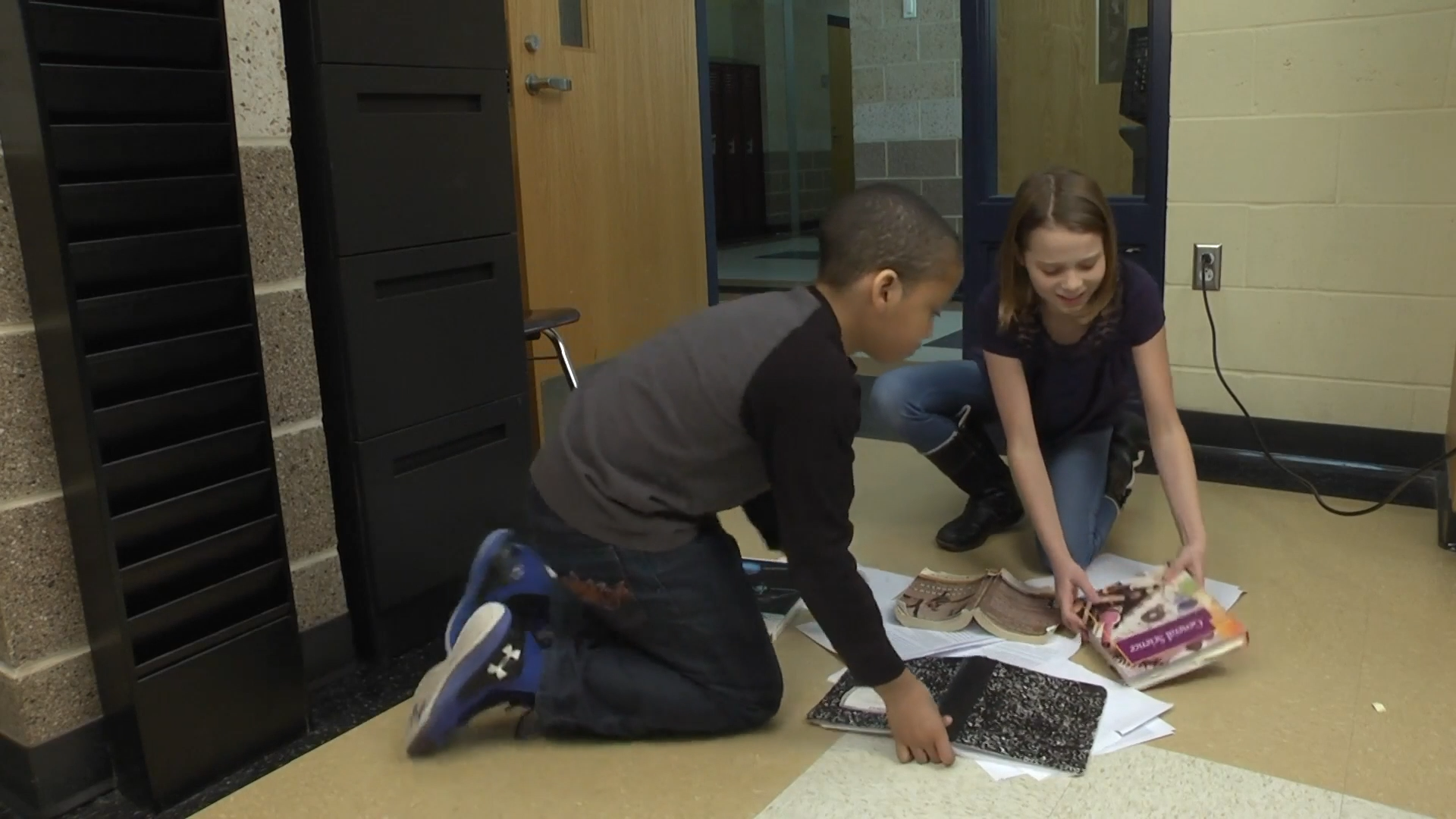
Introduction
In special education, it is essential to address various skills that contribute to the overall development of students. One such significant skill is understanding others’ perspectives, which plays a crucial role in fostering healthy social interactions and improved learning experiences.
Understanding Point of View Skills
Point of view skills involve recognizing and understanding the thoughts, feelings, and perspectives of others in a given situation. Developing these skills helps students enhance their empathy, problem-solving abilities, and social interactions, ultimately contributing to their overall wellbeing.
The Role of Specialists
Various specialists can support students’ development of point of view skills:
- Speech-Language Pathologists: Assist in improving communication and language skills to express and understand others’ perspectives.
- Social Workers: Help students navigate social situations and develop strategies for understanding and acknowledging others’ feelings.
- Psychologists: Support students in developing emotional regulation and empathy, which are essential for understanding others’ points of view.
- School Counselors: Provide guidance on conflict resolution and facilitate discussions to enhance students’ abilities to consider others’ perspectives.
IEP Goals for Point of View Skills
Here are some specific SMART IEP goals to improve students’ point of view skills, along with strategies and activities for implementation:
Goal 1: Enhanced Empathy
By [date], the student will demonstrate improved empathy by accurately identifying the thoughts and feelings of others in [x]% of presented scenarios.
Strategies & Activities: Role-playing, discussing emotions in stories, and engaging in empathy-building group activities.
Goal 2: Effective Communication
By [date], the student will effectively communicate their understanding of others’ perspectives in [x]% of social situations, as measured by teacher observations and feedback.
Strategies & Activities: Practicing active listening, using “I” statements, and participating in group discussions.
Goal 3: Conflict Resolution
By [date], the student will demonstrate the ability to resolve conflicts by considering both their own and others’ perspectives in [x]% of conflict situations.
Strategies & Activities: Participating in problem-solving activities, learning about different communication styles, and practicing conflict resolution techniques.
Implementing and Measuring Progress
To effectively implement and measure progress, educators should:
- Collaborate with specialists to develop tailored strategies for each student.
- Monitor students’ progress through regular observations and assessments.
- Provide consistent feedback and support to help students refine their skills.
- Adjust goals and strategies as needed based on students’ progress and needs.
Conclusion
Improving students’ point of view skills is crucial for fostering healthy social interactions and enhancing their overall wellbeing. By incorporating these IEP goals and working closely with specialists, educators can make a significant impact on students’ progress. We encourage you to apply these goals in your practice and invite you to explore more resources at Everyday Speech Sample Materials.





